Your cart is currently empty!
Low-Cost Cell Phone Detectors Have Interesting Side Effect: They Help Protect Your Privacy
Monitoring a suspect’s phone calls is an essential part of many criminal investigations, but tapping a wireless or landline phone requires a court order. Now law enforcement agencies have another option for keeping tabs on wireless phones that may not necessitate going to court and convincing a judge. When it comes to monitoring cellular communications, there are two basic technologies.
Stingrays
“Stingrays” are sophisticated wireless antennas that mimic a cell phone tower. Stingrays are capable of recording phone numbers, unique device identification numbers, phone numbers of calls sent or received and the content of those calls. They are very effective, but have several drawbacks.
- Stingrays are bulky. They require a large power source and antenna, so they’re typically mounted in aircraft or inside a surveillance van. This limits the areas where police can use them. For example, imagine a suspect living more than a few floors up in a high-rise building.
- They’re expensive. At a cost of over $100,000 each, the cost is beyond the budget of many local police departments.
- They raise privacy concerns. Many people are uncomfortable with the idea of giving the authorities the ability to monitor their cell phone calls just because they’re in the area, and there isn’t any way to single out a suspect’s device. Cellular devices will automatically connect to the strongest signal source in the area, so any cell phone or cellular modem within the radius of the stingray will connect to it as if it were a cell tower. If a suspect is making calls from a public location, a stingray could pick up data from dozens or even hundreds of non-target devices. You may recall the story on dirtboxes that I covered back sometime ago. These were essentially stingrays mounted inside small, private airplanes that canvased the city sweeping up thousands and thousands of cellular numbers, data and private conversations. The risk of mass surveillance and abuse of the 4th amendment is made only easier by technologies like stingray.
- They always require a court order. Stingrays are basically a wireless wiretap, and law authorities must get a court order before using one. Getting the order can be more challenging due to the stingray’s inability to single out suspect phones.
Cell Phone Detectors
Police have used cell phone detectors in correctional facilities to find contraband phones for many years, but over the last few years they have taken a new role in surveillance operations. Wireless phone detectors work by picking up radio transmissions from nearby phones. They cannot record calls or single out specific phones, but this isn’t necessarily a drawback. They also have other advantages.
- Small size. Cell phone detectors are portable, and some are even small enough to conceal under clothing. Our PocketHound cell phone detector is about the size of a deck of cards and can alert the user by silent vibration. The WolfHound-Pro is a more sophisticated handheld detector that allows the user to triangulate the target device’s location.
- They’re inexpensive. Compared to the cost of a stingray, a wireless phone detector is negligible. A wireless detector costs anywhere from a few hundred to a few thousand dollars, well within the range of even cash-strapped agencies.
- The public has greater privacy. While a cell phone detector will alert to any phone in use nearby, it cannot record calls, phone numbers or unique identifiers.
- Cell phone detectors are passive devices, and simply serve as an alert that a phone in range is in use. Stated and local laws vary, but because cell phone detectors do not record specific call information or communicate with the RF device in question, they usually do not require a court order.
- Detectors have other criminal investigation uses as well. For example, finding a cell phone when searching a suspects home or car. Some models such as our Manta Ray use ferromagnetic detection instead of picking up radio waves, allowing officers to find phones hidden inside walls at short range.
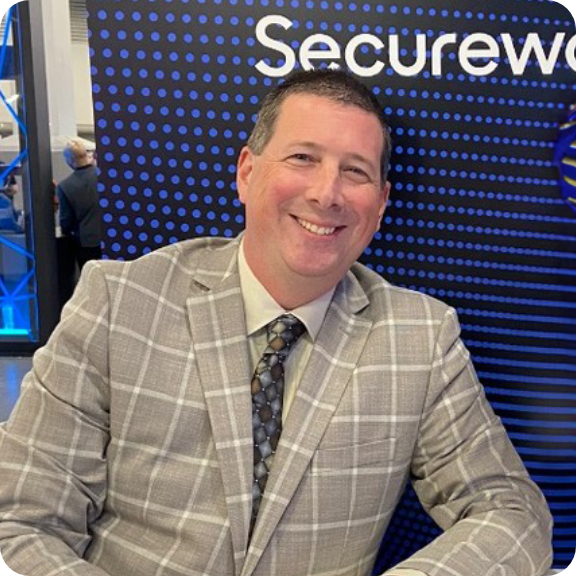
Scott Schober
CEO | Author | Speaker at Berkeley Varitronics Systems
Scott Schober presents at cybersecurity and wireless security conferences for banking, insurance, transportation, construction, telecommunications and law enforcement industries. He has overseen the development of dozens of wireless test, security, safety and cybersecurity products used to enforce a “no cell phone policy” in correctional, law enforcement, and secured government facilities. Scott regularly appears on network news programs including Fox, Bloomberg, Good Morning America, CNN, MSNBC, NPR and many more. He is the author of 'Senior Cyber', 'Cybersecurity is Everybody's Business' and 'Hacked Again', the “original hacker’s dictionary for small business owners” - Forbes Magazine.
Our Newsletter
Lorem ipsum dolor sit amet, consectetur adipiscing elit. Aliquam mattis ligula vitae leo scelerisque, sit amet feugiat ex venenatis.
"*" indicates required fields
Latest Posts
Our Best Sellers
How can we help?
Lorem ipsum dolor sit amet, consectetur adipiscing elit. Nunc dictum aliquet justo sit amet consectetur. In tempor lobortis ante vitae ornare. Praesent feugiat magna at tempor consequat. Aenean in iaculis libero, aliquam imperdiet mi.
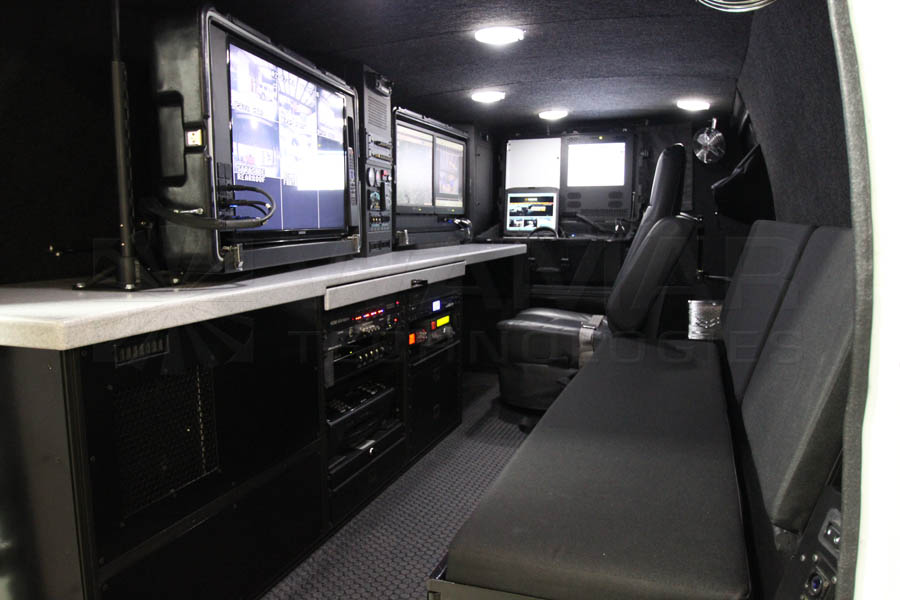



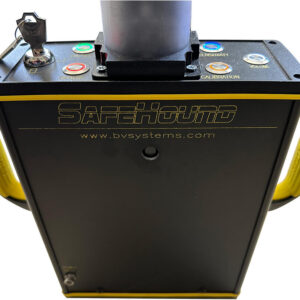
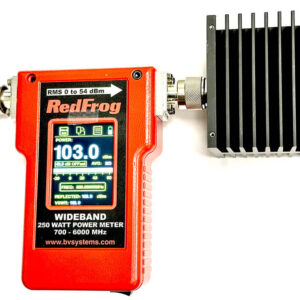
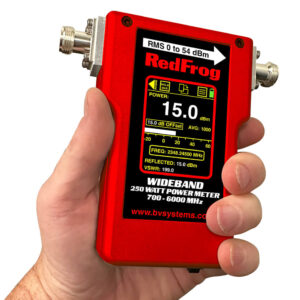

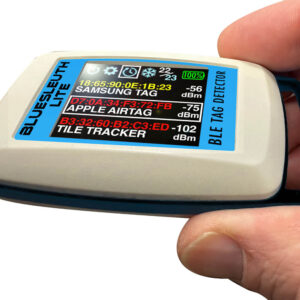

Leave a Reply